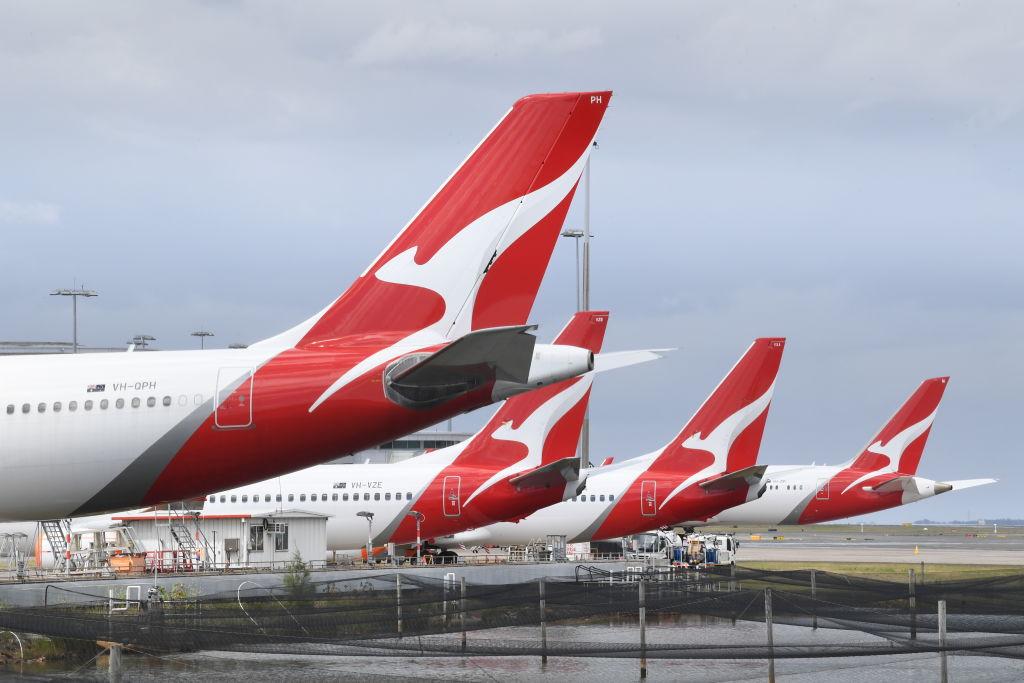The Australian Competition and Consumer Commission (ACCC) has sued national carrier Qantas for allegedly promoting and advertising tickets for over 8,000 flights even though they had already been cancelled.
The consumer watchdog launched legal action at the Federal Court of Australia on Aug. 31.




